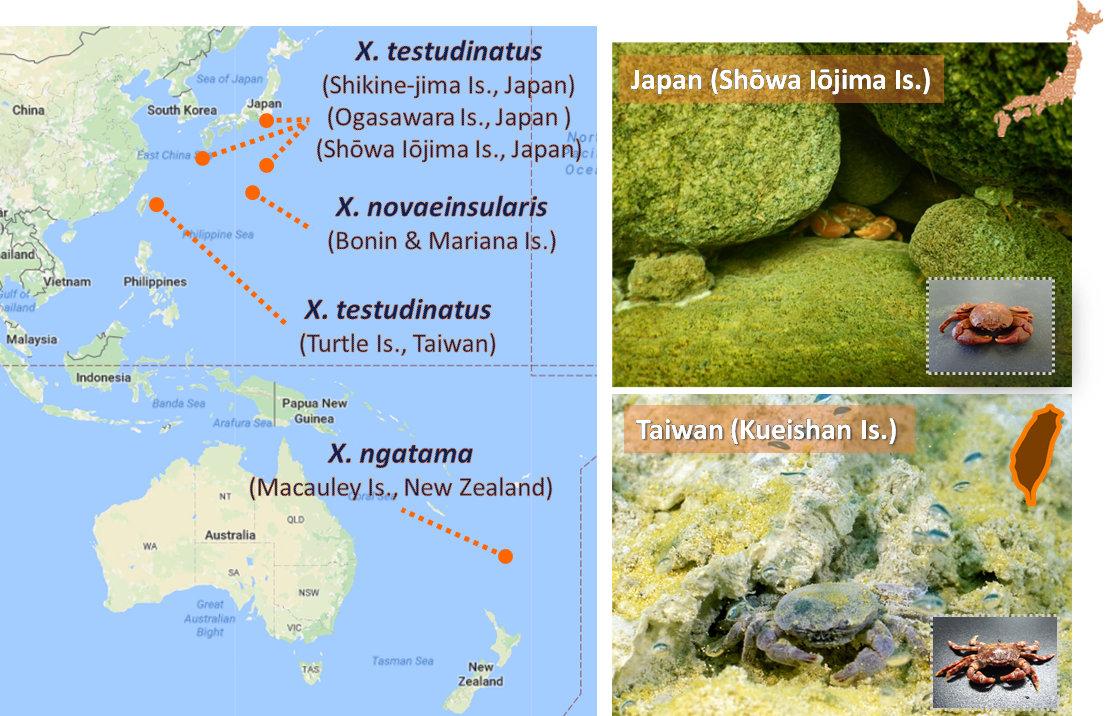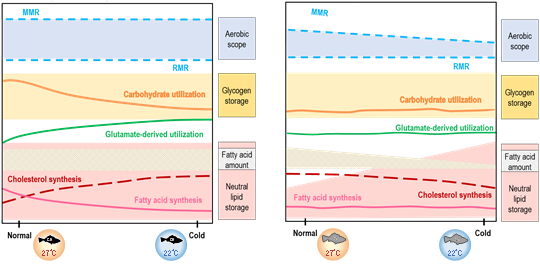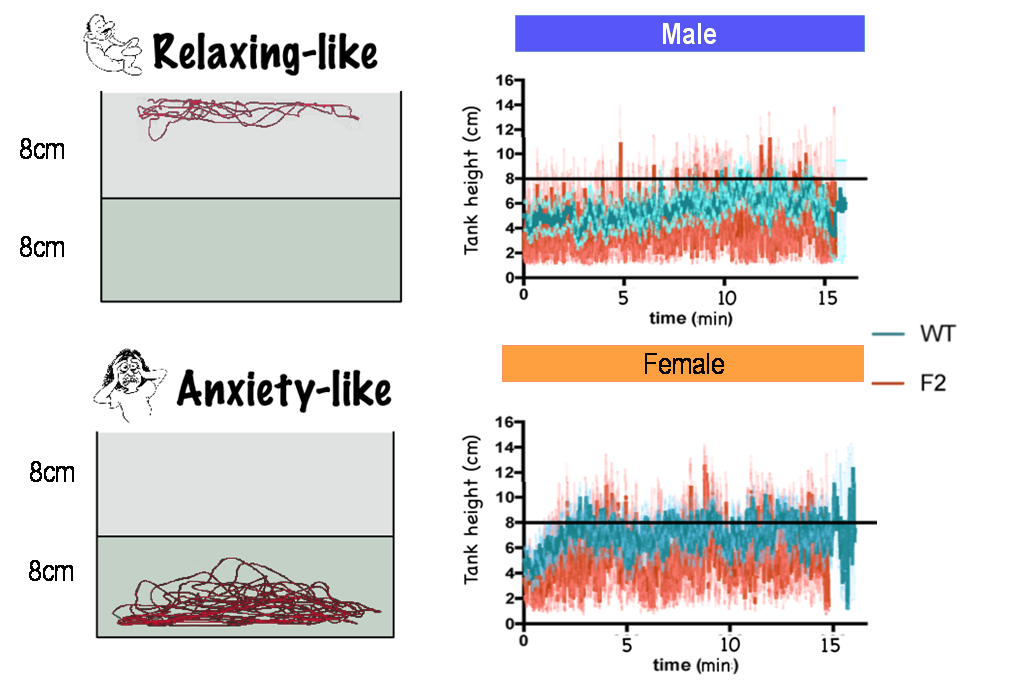Article content area
-

- SpecialtyMarine ecophysiology, Evolutionary and comparative physiology, Systeomics
- E-mailyctseng@gate.sinica.edu.tw
- Tel03-9880-544 ext.14
- Website Yung-Che Tseng 's Lab Yung-Che Tseng 's Lab
- LabB106/MRS




